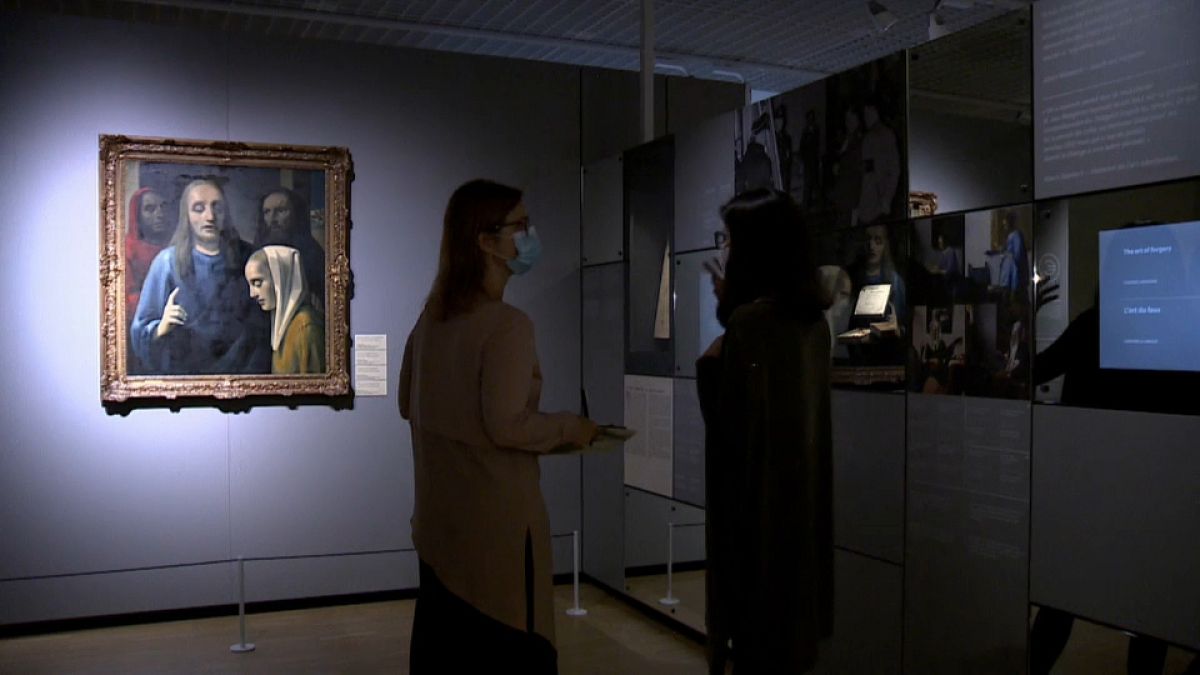The role of fakes and forgeries throughout history is the focus of a new exhibition in the Belgian capital Brussels.
The role of fakes and forgeries throughout history is the focus of a new exhibition in the Belgian capital Brussels.
But the showcase, at the House of European History, doesn't only look at the negative impact of such deception.
For instance, forged passports for Jewish people during the Nazi-era helped them escape, saving thousands of lives.
"One of the purposes of our exhibition is to build a critical spirit," said Simina Badica, the co-curator of Fake for Real. "We think it is essential in countering fakes and forgeries... we have examples of fake documents during World War II that saved lives. In this context, forgers were the real heroes of the day."
Some famous forgers like Han van Meegeren made millions imitating the work of painters, like Johannes Vermeer. This even extends to the use of fake products for luxury brands, that are bought in the millions every year.
But manipulating and exploiting people's naivety has always played a significant role in history, no more so than now, with fake news spreading at an unprecedented rate, in part due to the advent of social media.
"Sometimes there is so much fear about the contemporary phenomena and sometimes we really do fear that we are the first people in history to be confronted with this, which is not true," added Badica.
"Becoming aware that we are not defenceless against the fake, that we can always use our rational minds, that we can fact check, that we can check the information ourselves, it's also what we try to provide to our visitors."
All museums in Brussels have been closed until late November at the earliest, due to coronavirus restrictions.
